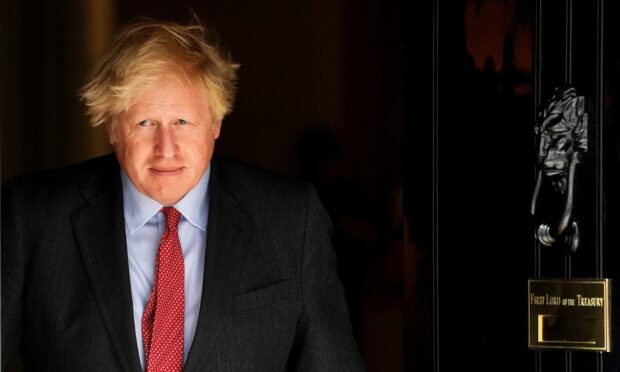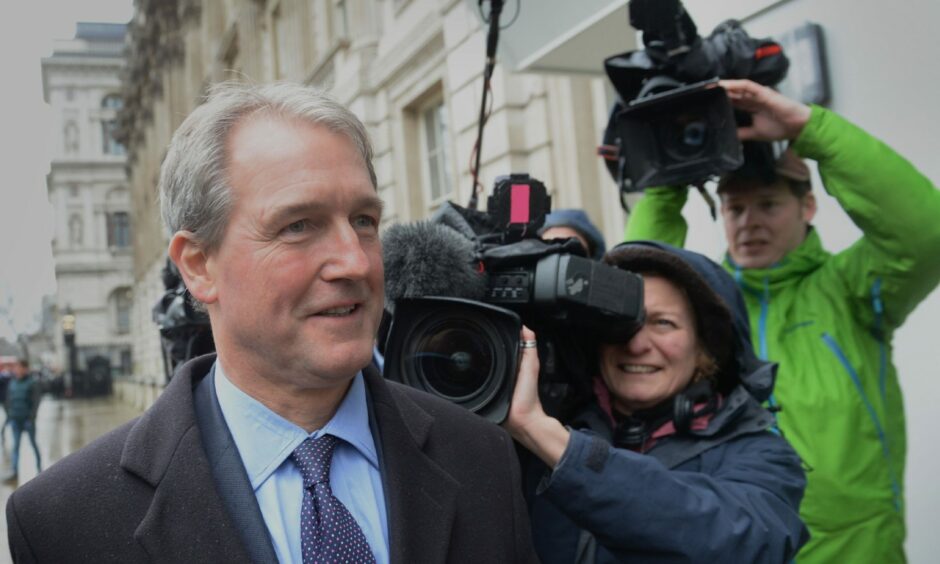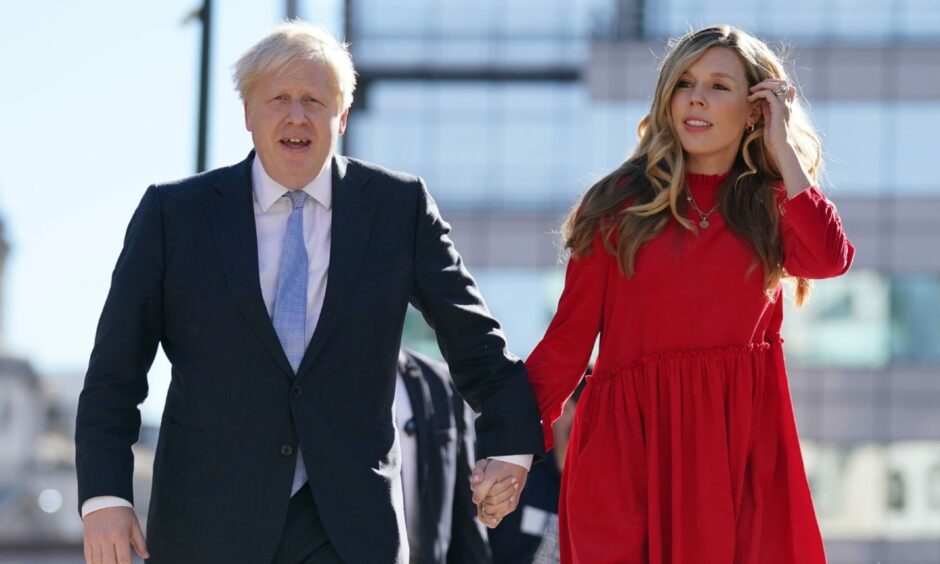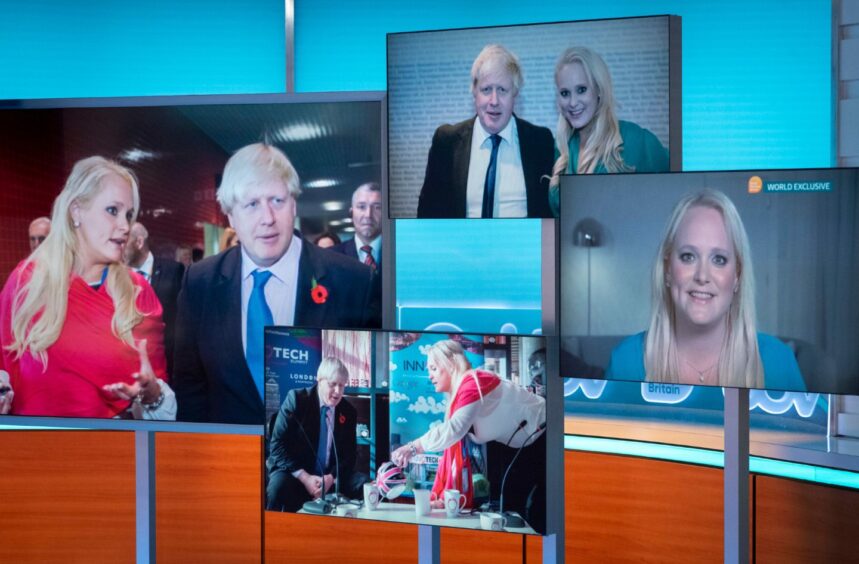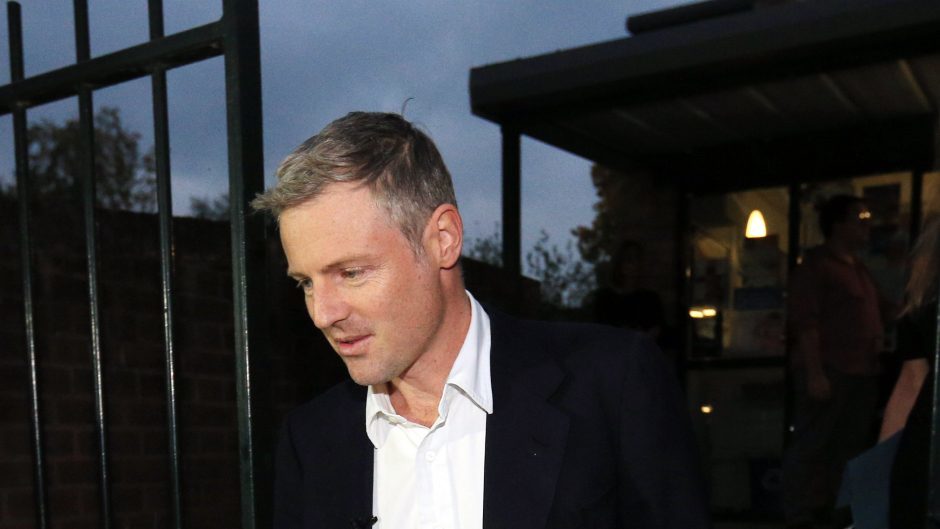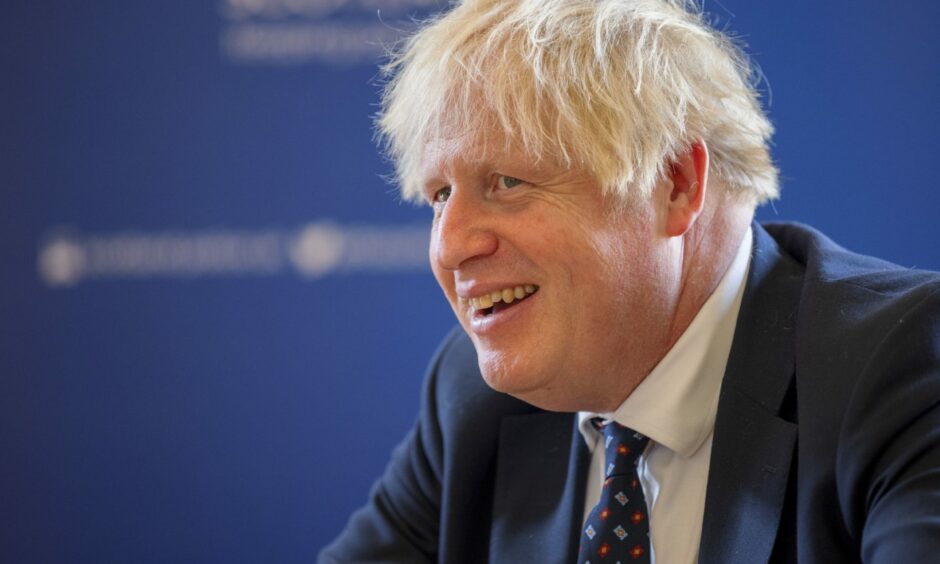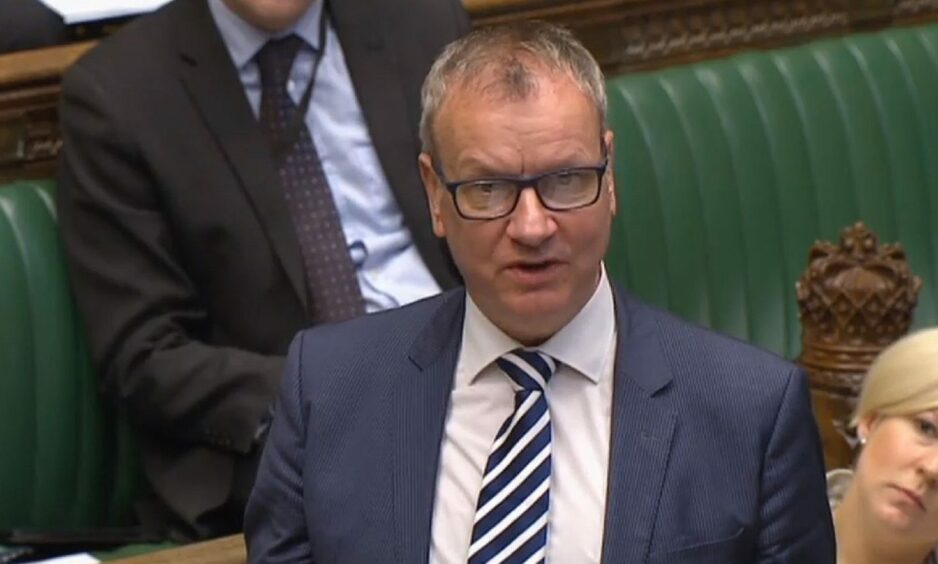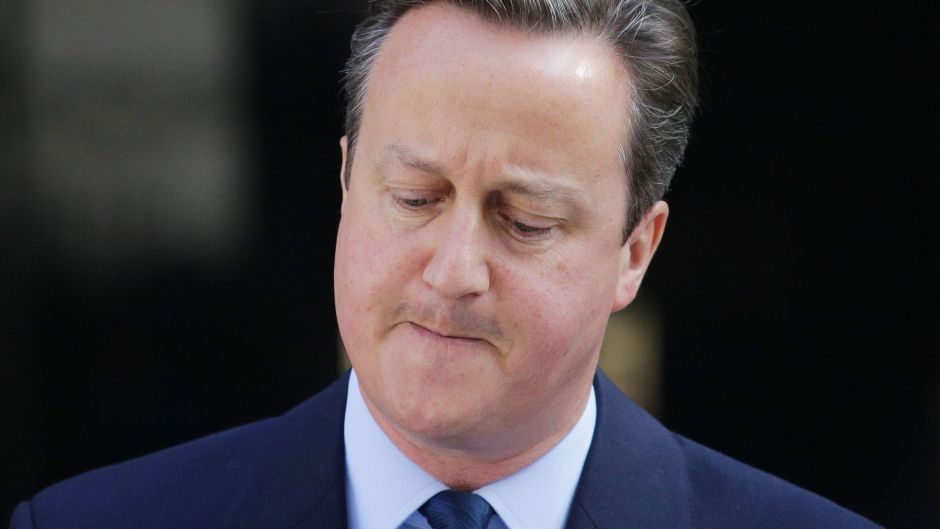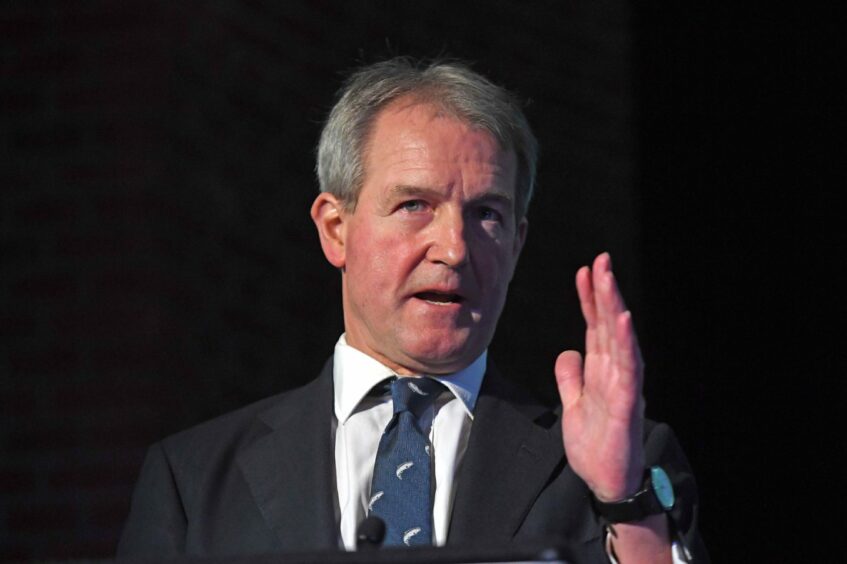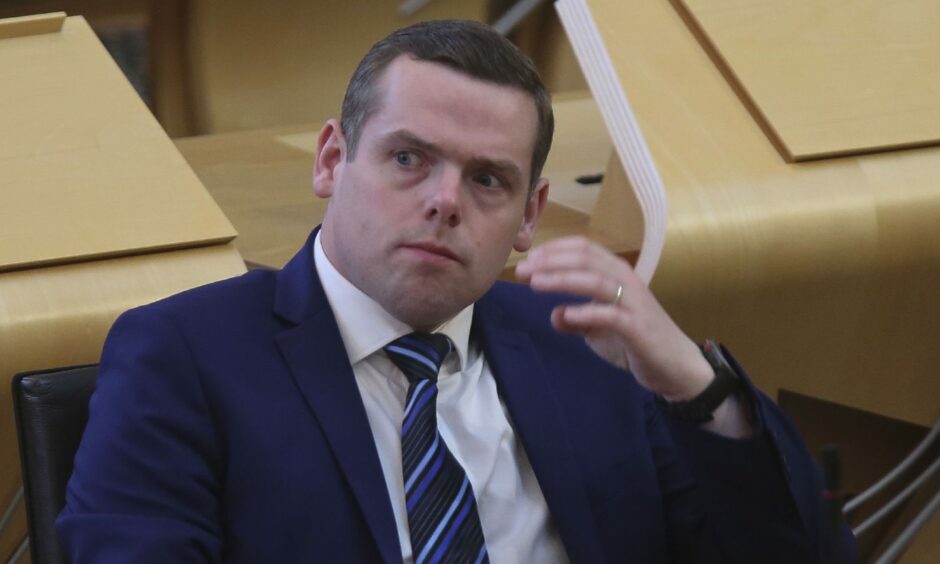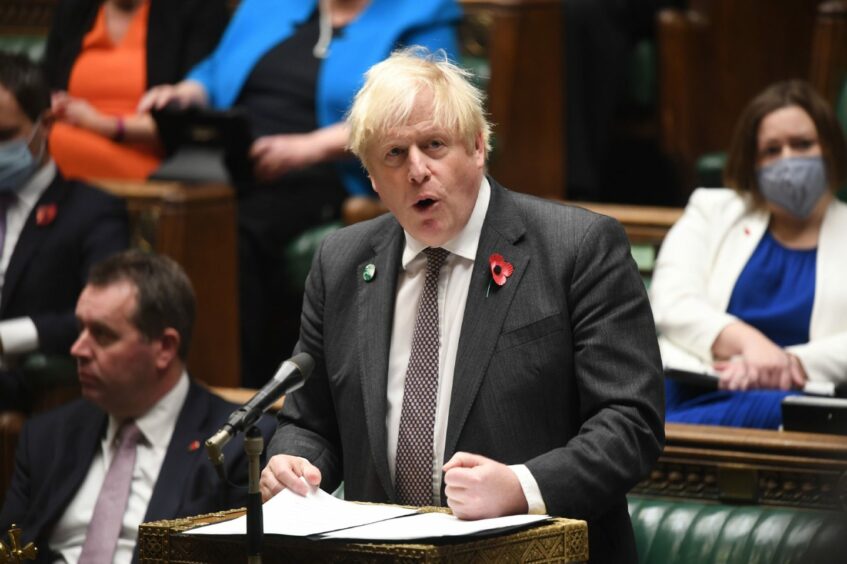Boris Johnson is facing calls for a public inquiry and a police probe into allegations of Tory sleaze after controversial plans to overhaul the disciplinary process for MPs in a bid to protect his own party were scrapped.
The prime minister tried to force a vote through the House of Commons on November 3 in an attempt to block the suspension of Conservative backbencher Owen Paterson and introduce a new disciplinary process.
The Commons Standards Committee found Mr Paterson had repeatedly lobbied ministers and officials for two companies paying him more than £100,000 a year.
In what has been described as an “unprecedented” move, the government effectively overruled the committee by imposing strict voting instructions that meant their own MPs faced serious consequences for not falling in line to quash the punishment.
It led to a furious public and political backlash, a U-turn from the government and the resignation of Mr Paterson’s as MP for North Shropshire.
With the Conservatives fighting sleaze allegations on multiple fronts, including several claims relating directly to Mr Johnson, it has been suggested the prime minister may have had ulterior motives for wanting to tear up the rule book.
Here we look at some of the scandals and allegations surrounding Mr Johnson, leading Conservatives and the government.
1. Downing Street flat refurbishment
Boris Johnson faced questions over how the expensive refurbishment of his Downing Street flat was paid for.
Dominic Cummings, who was previously one of the prime minister’s closest aides, claimed Tory MPs are “expendable cannon fodder” in the sleaze row and the real aim is to keep secret a “coverup” on donations.
Conservative Party accounts show £50,000 of refurbishment costs were met by Tory donor Lord Brownlow after Mr Johnson expended the full £30,000 annual budget for upkeep of the flat.
The donation was described as a “bridging loan” and was paid back by the Conservatives in full but that has not been the end of the matter.
The Electoral Commission is investigating whether the party broke the law on political finance amid claims the costs were initially covered by undeclared donations.
Parties have to report donations above a certain amount to the commission but the Conservatives have said all donations were correctly declared.
The prime minister’s newly-appointed adviser on ministerial standards, supported by cabinet secretary Simon Case, said Mr Johnson did not break the ministerial code but had acted “unwisely” by not trying harder to find out who funded the work.
Dominic Cummings claims Boris Johnson lied to the pair.
The former adviser alleges the prime minister has it out for the Parliamentary Standards Commissioner, Kathryn Stone, due to his own record.
Yesterday was a preemptive strike by PM on EC & Stone. Tory MPs are just expendable cannon fodder. This is about trying to keep secret the coverup earlier this year on his illegal donations & lies to Geidt and the Cabinet Secretary about it all #FOLLOWTHEMONEY
— Dominic Cummings (@Dominic2306) November 4, 2021
Mr Johnson has been admonished four times by the Commissioner – three time during Ms Stone’s tenure – and a decision on whether she will launch an investigation into the initial financing of the redecoration of his flat is due.
Many of the Tory MPs who signed the amendment in favour of Mr Paterson, or who voted for it, have also fallen foul of the Commissioner in the past.
2. Boris Johnson’s relationship with Jennifer Arcuri
Questions also remain over the prime minister’s relationship with American businesswoman Jennifer Arcuri.
Ms Arcuri received lucrative public grants for her technology business and had access to three foreign trade missions led by Mr Johnson while he was London Mayor.
She claims to have had an intimate relationship with Mr Johnson – raising questions over a possible conflict of interest – but he has denied any wrongdoing.
The London Assembly is currently investigating whether Mr Johnson adhered to the “principles of public life” during his time as London Mayor.
Any finding that the prime minister acted improperly could be highly embarrassing and potentially politically damaging but the assembly would not be able to impose any kind of sanctions because he is no longer in the role.
3. A friend in need (of a Spanish villa) is a friend indeed
Opposition parties have called for an investigation into Boris Johnson’s free use of a Spanish villa owned by the family of Tory minister Lord Zac Goldsmith.
Labour and the Liberal Democrats say the prime minister should declare use of the villa for a holiday in October in the MPs’ register of interests, which requires the monetary value to be stated.
Mr Johnson included the trip in the register of ministers’ interests, which does not require him to detail the value of the gift.
The villa has previously been rented out at a fee of £25,000 per week.
Downing Street insists the holiday was “fully declared in the proper way” and use of the villa was a “family holiday at the home of longstanding family friends and is unconnected with the PM’s parliamentary and political activities”.
Mr Johnson faced a further probe into how his 2019 holiday to the Caribbean was paid for after Carphone Warehouse owner David Ross invited the prime minister and then-fiancée Carrie Symonds to the private island of Mustique.
Kathryn Stone found Mr Johnson broke the rules by not having “fulfilled conscientiously” the requirements to register donations but this decision was overturned by a parliamentary committee.
In February 2020, Mr Johnson declared his £15,000 holiday accommodation on the Caribbean island had been covered by Mr Ross.
The Carphone Warehouse boss initially said he had not paid “any monies” for the trip but later clarified he had “facilitated” accommodation for the prime minister.
The Standards Committee said the arrangements had been “ad hoc and informal and do not appear to have been fully explained to Mr Johnson at the outset”.
It noted the prime minister had twice been reprimanded in the last Parliament in the space of four months for “an over-casual attitude towards obeying the rules of the House”.
4. Cash for honours
The SNP has called on the Metropolitan Police to launch an investigation into what they call the “Tory cash for honours scandal”.
An investigation by The Sunday Times and Open Democracy found all 16 of the main Conservative treasurers – apart from the most recent – were offered peerages in the House of Lords after donating millions of pounds to the party.
Angus MacNeil reported Blair to the police in the 2000s for this and ‘cash for honours’ had Blair questioned under caution. This this is history repeating itself with other party colours.
— Pete Wishart (@PeteWishart) November 7, 2021
It found wealthy benefactors were “guaranteed” a peerage if they take on the temporary role of party treasurer and increase their own personal donations to over £3 million.
Since 2020, 22 of the party’s main financial donors have been offered peerages after donating a combined total of £54m.
Pete Wishart MP, deputy leader of the SNP at Westminster, is calling for a police probe into the matter to find out whether or not any crime has been committed.
After the investigation into party donors receiving peerages was published, Environment Secretary George Eustice defended the findings, saying treasurers and donors provide “valuable” expertise to the House of Lords.
Speaking on The Andrew Marr Show, he said: “They are philanthropists who give huge amounts to charity, who have been very successful in business and, therefore, on those grounds ought to be considered for the lords.”
5. David Cameron and Greensill Capital
Rob Ford, professor of politics at Manchester University, believes some degree of sleaze is “priced in” with Boris Johnson, as it was with former Italian prime minister Silvio Berlusconi.
However, it is former Tory prime minister David Cameron who has been at the centre of a lobbying scandal after he contacted ministers and officials via text messages on behalf of collapsed finance firm Greensill Capital.
The company’s founder worked as an unpaid adviser to Mr Cameron during his time in Downing Street.
It has been reported that UK Health Secretary Matt Hancock met Mr Cameron and Mr Greensill, the financier behind the now-collapsed Greensill Capital, for a “private drink” in 2019 to discuss a new payment scheme for the NHS.
Mr Cameron also tried unsuccessfully to increase Greensill Capital’s access to government-backed loans during the coronavirus pandemic.
The loan applications were rejected and Greensill subsequently filed for insolvency, rendering Mr Cameron’s reported tens of millions of share options in the firm worthless.
A review into government decisions involving Greensill said Mr Cameron “understated” the nature of his relationship with the firm but “did not breach the current lobbying rules and his actions were not unlawful”.
The 28% of Britons unaware of the Owen Paterson story is the highest lack of awareness of any story we've asked about in the last 3 years
(Though similar to when the David Cameron/Greensill and Jeremy Corbyn/wreath-laying stories broke)https://t.co/Iw0EXLbI2S pic.twitter.com/TqS0R2SfZK
— YouGov (@YouGov) November 4, 2021
It outlined 19 recommendations, including legally-binding restrictions on the work of former ministers and senior civil servants and a formal register.
The review was not legally binding and the government has not responded to the recommendations.
The Public Accounts Committee examined evidence about Greensill’s involvement in government Covid loan schemes and is expected to publish a report in November.
6. Owen Paterson’s ‘egregious’ breach of lobbying rules
The Parliamentary Commissioner for Standards – the body that investigates allegations of MPs breaking rules – found former Northern Ireland secretary Owen Paterson had lobbied on behalf of two companies that paid him more than £100,000 a year.
Those companies are Randox Health, a major supplier of Covid-19 PCR tests, and Belfast-based business Lynn’s Country Foods.
Documents released following freedom of information requests reveal Mr Paterson repeatedly demanded access to ministers and regulators on behalf of his clients.
The Guardian revealed how a company called UK 2020 that Mr Paterson formed in 2014 after he lost his ministerial post as environment secretary, and of which he was the sole director, began donating thousands of pounds to him.
Between 2014 and 2019 it donated almost £40,000 to fund various overseas trips but Mr Paterson only ever declared the company as the donor on official documents so the original source of the cash was in effect hidden from the public.
The Commons Standards Committee – a crossbench group of MPs and members of the public – said his actions were an “egregious” breach of the rules and he should be suspended for 30 sitting days.
Mr Paterson continues to insist he is innocent of any wrongdoing and said on Thursday: “I maintain that I am totally innocent of what I have been accused of and I acted at all times in the interests of public health and safety.”
7. Row over rules for MPs
Although the committee recommended the suspension of Owen Paterson, MPs were given a final say.
In the past, this has largely just been a formality and the idea of the government voting down the committee’s recommendation was unprecedented in it 36-year-history.
Allies of Mr Paterson tabled an amendment to the motion which would have approved his suspension to say that instead, a new committee – chaired by former Culture Secretary John Whittingdale – should be set up to overhaul the whole standards process and review Mr Paterson’s case.
Boris Johnson insisted the rule changes were not about Mr Paterson’s individual case – despite the amendment specifically including his name and being put forward on a motion concerning him.
The amendment passed with only a slim majority as many Conservatives – including Scottish Tory leader Douglas Ross – abstained from voting.
Headlines were not kind to the vote, with one reporting: ‘Tories rip up Britain’s anti-sleaze rules to save guilty MP’. The Daily Mail – a traditionally Conservative-backing newspaper – ran with ‘Shameless MPs sink back into sleaze’.
Less than 24 hours after the vote, the government announced a U-turn and Downing St said there would be a fresh vote on Paterson’s suspension.
It has been reported Mr Paterson – who went on the record to say he would act the same way again without hesitation – only found out about the decision after being contacted by a journalist while shopping in his local supermarket.
Shortly afterwards, he released a statement announcing he would be resigning.
If Mr Paterson and No 10 had accepted his suspension, he may have faced a by-election through a recall petition but with a 22,949 majority, it is likely he would have won it.
Downing Street has now endured a damaging news cycle, allegations of sleaze, and will have to fight for North Shropshire with a new candidate.
The affair has left major questions hanging over Boris Johnson, with the prime minister accused of “running scared” after deciding to stay away from an emergency debate on the rules for MPs.
Downing Street said Mr Johnson was unable to get back to Westminster in time following a long-planned visit to an NHS hospital trust in Northumberland.
Speaking ahead of the debate, Sir Lindsay Hoyle said MPs now needed to move forward after a “very dark week for Parliament”.
“I don’t want another week like that, we’ve got to move forward,” he told Sky News.
“This House matters to me, the MPs matter, the people who work here matter to me, and what I don’t want is another dark week like last week.”
